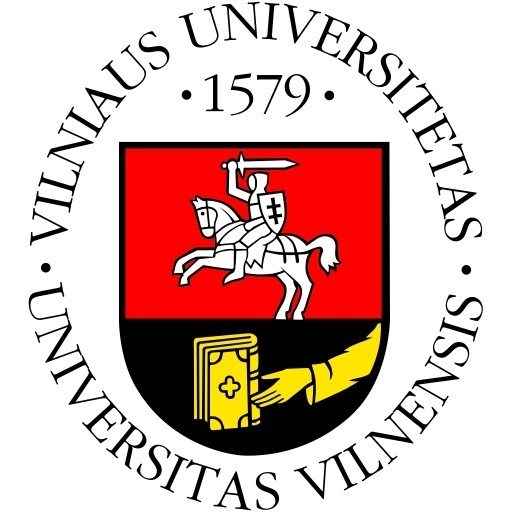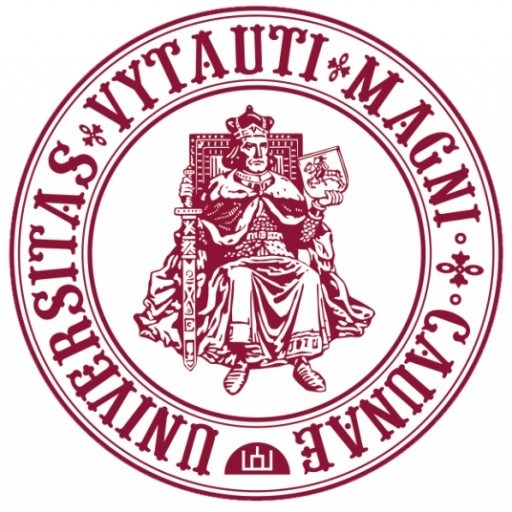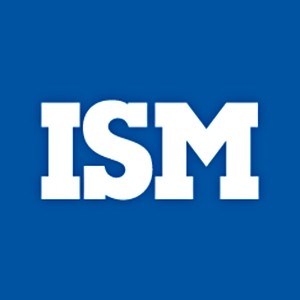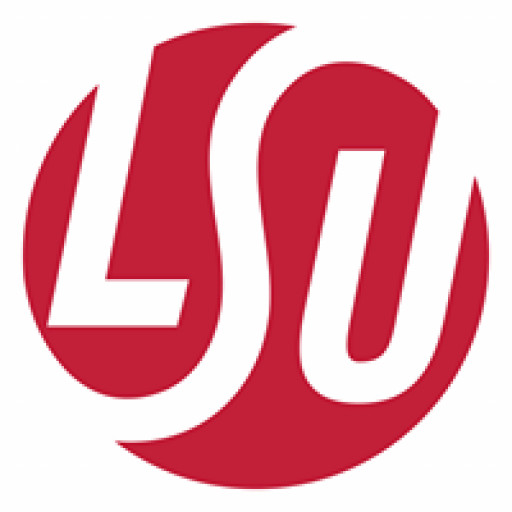Photos of university / #vilniusuniversity
Life and Chemical Physics at Vilnius University offers a comprehensive interdisciplinary education that bridges the fields of biology, chemistry, and physics to provide students with a deep understanding of the fundamental processes governing life at the molecular and atomic levels. This programme is designed for students who are passionate about exploring the physical principles underlying biological systems and chemical interactions. Throughout the course of study, students acquire a strong foundation in classical and quantum physics, organic and inorganic chemistry, molecular biology, and biophysics, which prepares them for diverse career paths in research, industry, or academia.
The curriculum emphasizes hands-on laboratory work, allowing students to gain practical experience with advanced experimental techniques and scientific instrumentation. They develop skills in data analysis, scientific writing, and problem-solving by engaging in research projects and collaborative activities. The programme also highlights modern topics such as nanotechnology, structural biology, computational modeling, and materials science, reflecting the latest advancements in the field. Students are encouraged to adopt an interdisciplinary perspective, integrating knowledge from different scientific domains to address complex scientific questions.
Vilnius University’s Life and Chemical Physics programme is supported by experienced faculty members who are actively involved in international research projects. The university fosters a stimulating academic environment, offering access to state-of-the-art laboratories and encouraging participation in national and international conferences. Graduates of this programme are equipped not only with a solid theoretical background but also with practical skills that are highly valued in sectors such as pharmaceutical, environmental, and materials industries, as well as in scientific research and higher education. Upon completion, students are prepared to pursue graduate studies or embark on professional careers as researchers, technologists, or science communicators, contributing to scientific innovation and societal development.
https://www.vu.lt/en/studies/master-studies/56-studies/studies/5709-life-and-chemical-physics
ADMISSION REQUIREMENTS AND SELECTION CRITERIA
- Bachelor degree or its equivalent in Physics, Engineering or Technologies;
- English language proficiency - the level not lower than B2 (following the Common European Framework of Reference for Languages (CEFR) (Internationally recognized certificate or Skype interview);
- The selection criterion is based on the weighted average of all grades recorded in the transcript of the academic report and grades of two predetermined exams. The additional points can be earned for relevant scientific activity.
The financing of the Life and Chemical Physics program at Vilnius University is primarily supported through a combination of state funding, student tuition fees, and various international and national grants. As a public university in Lithuania, Vilnius University benefits from government resources allocated for higher education and research development, which ensures the program maintains high standards of quality and access. Students admitted through state-funded places do not pay tuition fees, supported by Lithuanian government scholarships and funding programs aimed at promoting science and technology education.
International students, however, are usually required to pay tuition fees, which are set according to university regulations and may vary depending on the student's country of residence. Scholarships and financial aid options are available for international students, including merit-based scholarships and grants provided by students' home countries or international organizations.
Additionally, the program actively participates in European-level research and education funding initiatives, such as Erasmus+ and Horizon Europe, which provide grants for mobility, research projects, and collaboration with international partners. These funding mechanisms support students and faculty in participating in conferences, exchanges, and collaborative research, further enhancing the financial sustainability of the program.
Vilnius University also encourages students to apply for national and international research grants and scholarships aimed at supporting students engaged in scientific research. Some programs and projects are funded by private foundations and industry partnerships seeking to promote advancements in chemical physics and related fields.
The program's laboratory and research infrastructure are maintained through university budgets supplemented by project-based funding, ensuring students have access to modern equipment necessary for their studies and research activities.
Overall, the financing model combines public funds, tuition fees, research grants, and scholarships, ensuring the program's sustainability and its continuous capacity to offer high-quality education and research opportunities in Life and Chemical Physics.
INTERNATIONAL MOBILITY
Students can participate in ERASMUS+ mobility programme or use VU’s Bilateral cooperation agreements which give an opportunity to study at VU’s Partner Universities or do internship abroad.
CAREER OPPORTUNITIES
The graduates can harmoniously integrate into multidisciplinary research and production teams, practically participate in high-tech manufacturing process and in business, manage technological production processes that require interdisciplinary knowledge of physics, chemistry, medical physics and biophysics; work in state expert, control and management institutions requiring competence in intersection of natural sciences.
There is a possibility to continue a scientific career by entering third-level (doctoral) studies in many fields of natural sciences in the VU Institute of Chemical Physics, during which a part of studies can be spent in Partners institutions abroad, or joining the scientific groups in the Center for Physical Sciences and Technology, the Life Sciences Center or National Cancer Institute.



